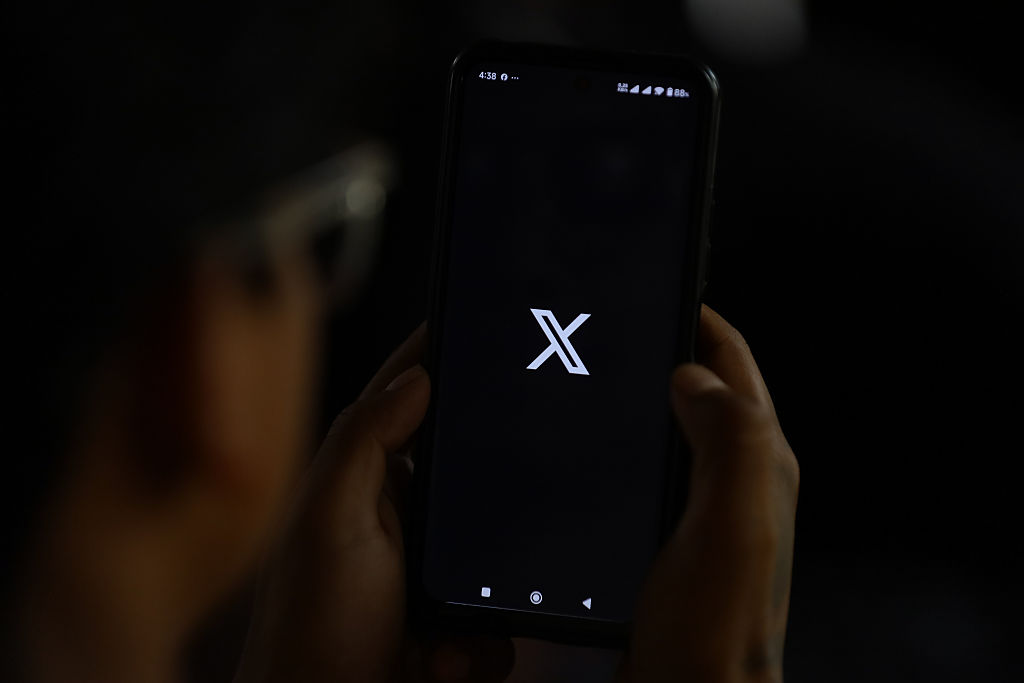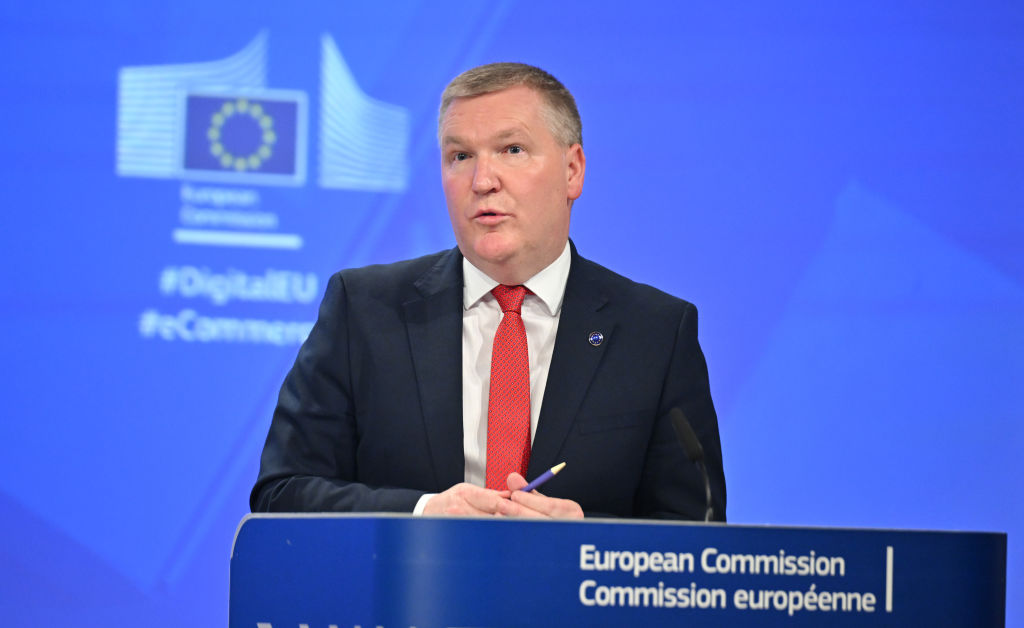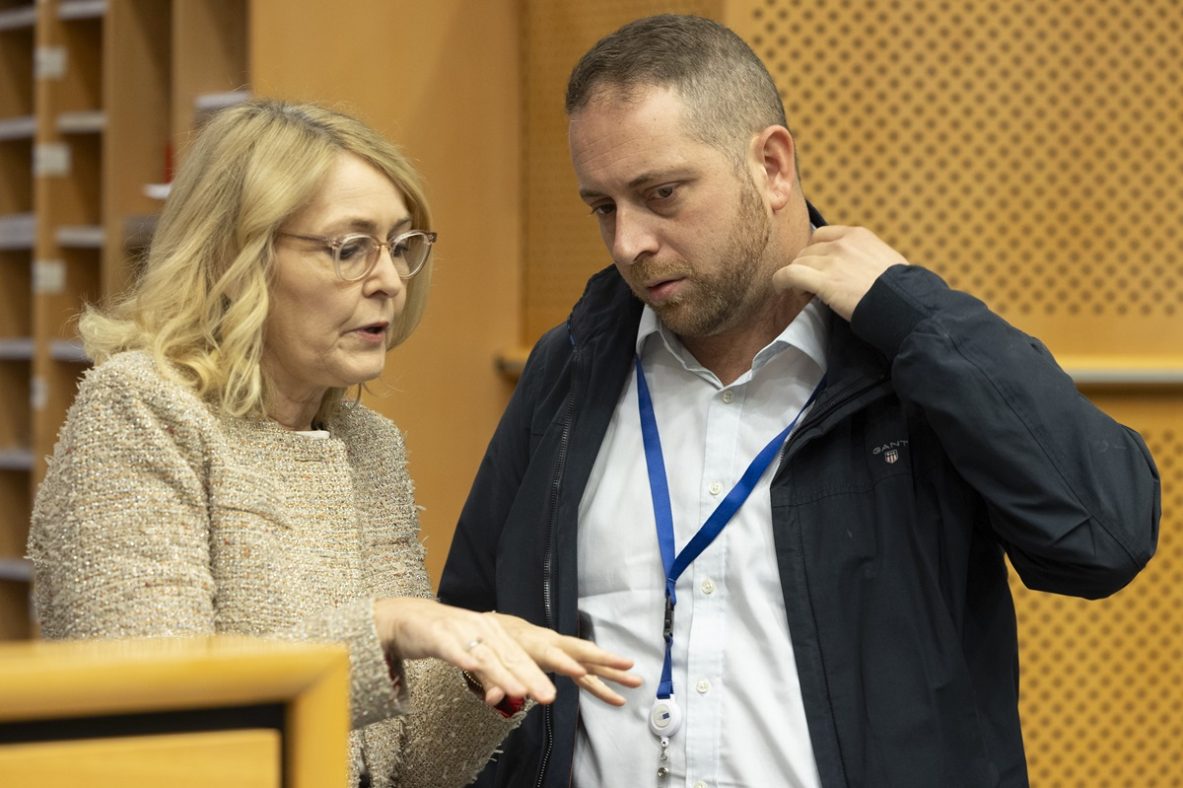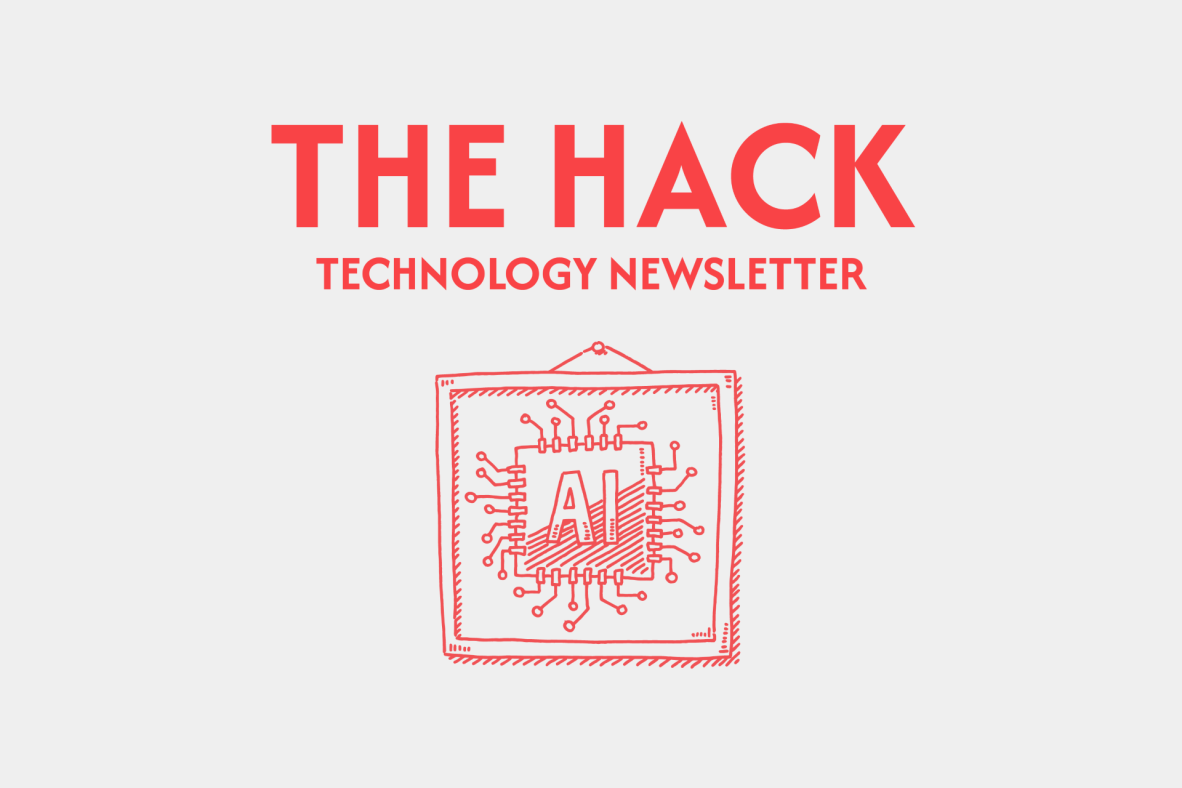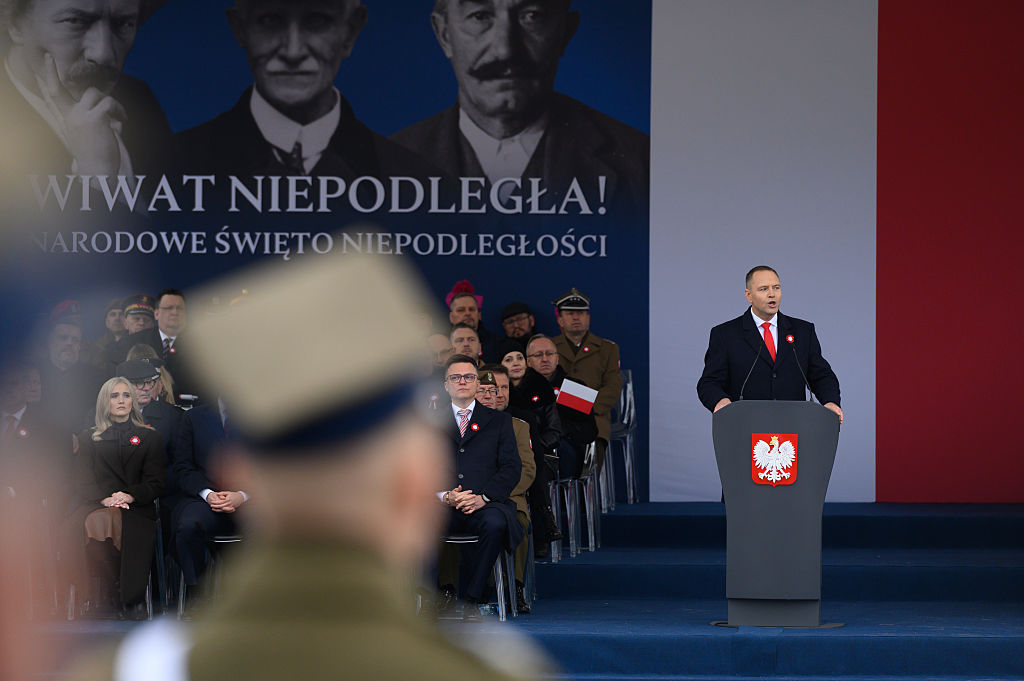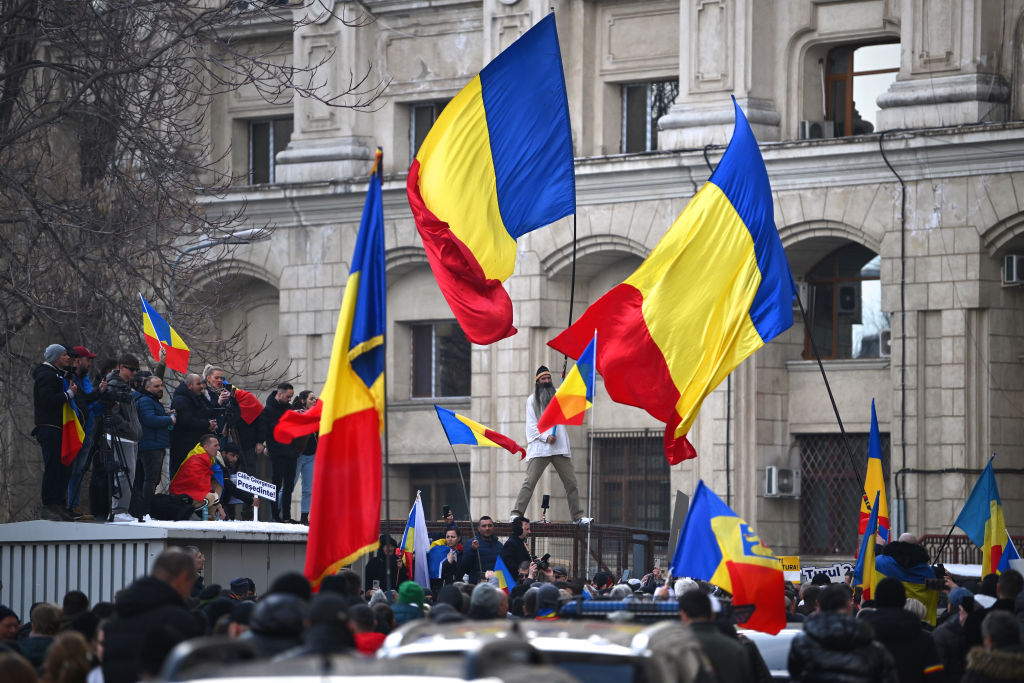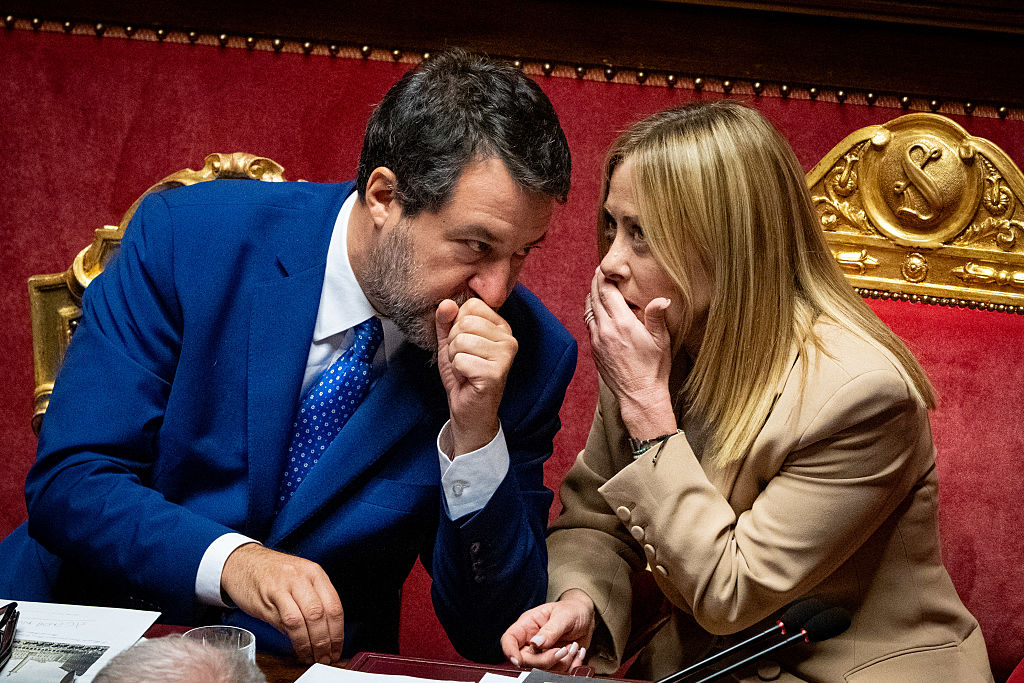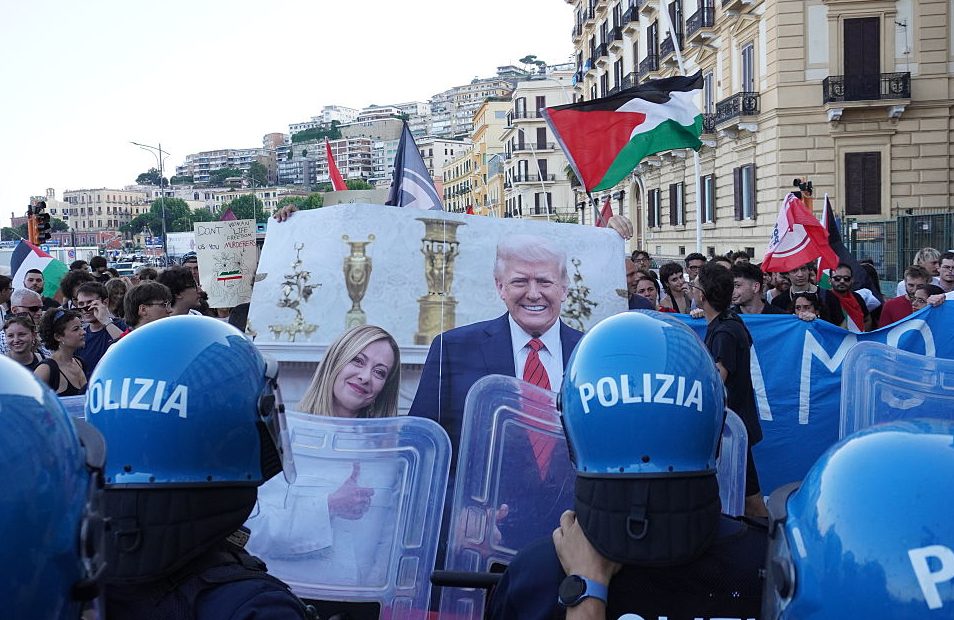Italy’s telecoms regulator walks fine line between Meloni, Trump, and Brussels
The Commission has repeatedly pledged not to pursue the idea at EU level, mindful of potential retaliation from the Trump administration
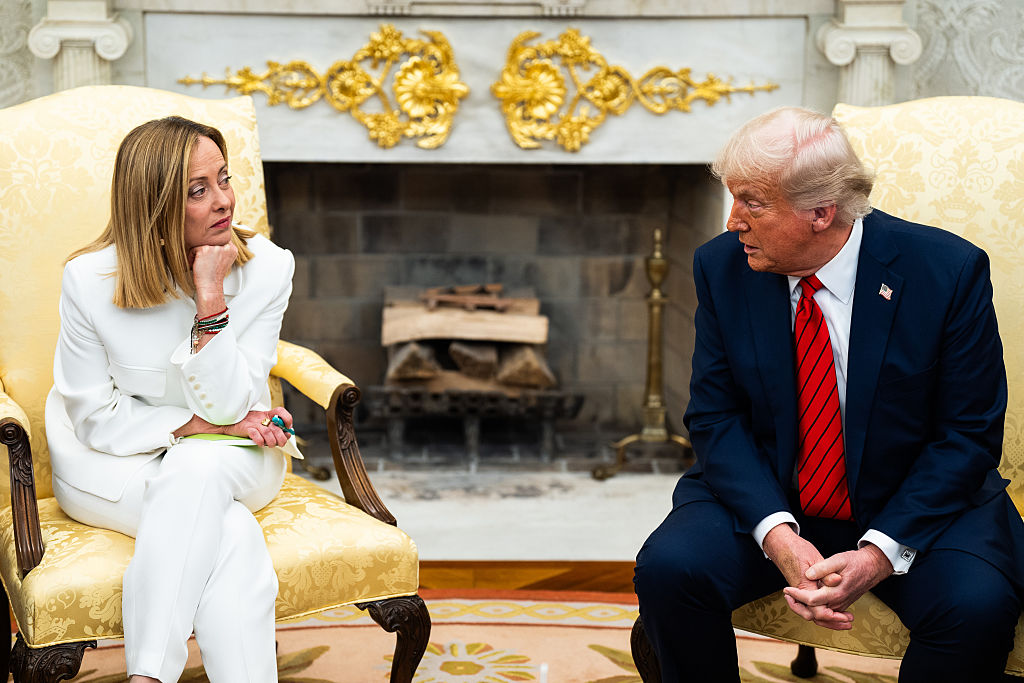
ROME – Italy’s telecoms regulator, AGCOM, has moved to the centre of a fierce lobbying battle that pits US President Donald Trump and US tech giants against the European Commission and Europe’s telecom operators.
At the heart of the dispute lies the highly contentious issue of “network fees” – the idea that platforms such as YouTube, Netflix, or Prime Video should contribute financially to telecom infrastructure, given the heavy data traffic they generate on European networks.
The Commission has repeatedly pledged not to pursue the idea at EU level, mindful of potential retaliation from the Trump administration and of the risk to transatlantic trade talks. But in Rome, AGCOM’s recent regulatory decisions are now drawing scrutiny, amid claims they could pave the way for Italy – or even the EU – to reconsider the debate via the back door.
Before network fees talk – football woes
Although the idea for network fees was first floated by the Commission, in February 2024, the origins of AGCOM’s move can be traced back a few more years – to a quintessentially Italian preoccupation that has nothing to do with geopolitical trade debates: football.
In 2021–2022, British platform DAZN acquired exclusive rights to Serie A. But outages and poor-quality streams caused nationwide outrage, with fans unable to watch matches. The scandal turned into a national symbol of platform dominance over vital cultural content.
AGCOM intervened in 2021, ordering DAZN to improve reliability. The company responded by deploying a Content Delivery Network (CDN) to stabilise service.
AGCOM then required DAZN to obtain a general telecom authorisation – a status normally held by network operators. In 2024, Italy moved to codify its telecom law to bring CDNs explicitly under AGCOM’s remit, obliging them to register and comply with certain network rules.
In August 2025, AGCOM formalised the framework, classifying CDNs as network infrastructure. Legal expert Innocenzo Genna argues that this does not mean content providers are subject to any rules in the national telecoms framework, only those that are “pertinent” to their streaming activity.
AGCOM insists it has no intention of imposing network fees.
“The measure does not introduce network fees. Interconnection agreements will remain commercial and voluntary,” AGCOM told Euractiv.
From technical clarification to lobbying storm
Despite AGCOM’s assurances, the timing of its decision – one year after the Commission floated the idea in a white paper; and five months before its expected review of the EU’s telecommunications code – drew intense attention in Brussels.
AGCOM’s ruling gives it wider oversight over the IP interconnection market – where telecom operators and platforms agree on how data flows between networks. AGCOM now requires that these negotiations occur on “fair and transparent terms.”
For streaming giants, this raised alarm.
US tech lobby CCIA Europe warned in a report last month that AGCOM’s powers could provide a “back door” for reintroducing network fees in Italy, and possibly influence EU law.
“It is only a matter of time before the Commission suggests implementing the Italian regulatory power extension at EU level, de facto imposing network fees through the back door,” said CCIA policy manager Maria Teresa Stecher.
Meanwhile, European telecom lobby Connect Europe has taken the opposite view, supporting broader regulation of the interconnection market to address the cost burden telecom operators say they face.
The European Commission has been asked whether AGCOM’s decision could pave the way for network fees to return at the EU level through broader telecoms oversight powers. This article will be updated if and when a response is received.
From Meloni’s fair share push to internal divisions
In Italy, the network fees issue has become deeply political.
In October 2024, governing parties Fratelli d’Italia, Lega, and Forza Italia proposed amendments to the Competition Law requiring Big Tech firms such as Google, Meta, and Microsoft to contribute to telecom costs. Deputy Prime Minister Antonio Tajani backed the idea publicly.
However, those amendments were ruled inadmissible. Industry Minister Adolfo Urso had called such contributions “common sense,” but internal divisions soon emerged.
Soon after, however, the government’s tone shifted.
As Giulia Pastorella, vice-president of the centrist party Azione and MP, told Euractiv, “there were months of internal disputes between Undersecretary Butti and Minister Urso before the majority appeared to lean towards rejecting fair share.”
This internal back-and-forth coincided with growing US pressure against any initiative seen as penalizing US tech giants. The turnaround coincided with the return of Donald Trump and his appointment of Brendan Carr to head the US Federal Communications Commission. Carr, once an advocate of network fees, stopped promoting the idea after taking office – signalling Big Tech’s alignment with the Trump administration.
“It will be necessary to understand who Meloni considers her primary allies – Trump or the other European states,” said Pastorella.
“It is clear that fair share – a punitive and penalizing system for Big Tech – will not go down well with Trump, just as other regulations considered penalising for big tech, like the DMA [Digital Markets Act] and DSA [Digital Services Act]. So it remains to be seen whether Europe will be prepared to risk further tariffs, and consequently what Meloni’s position will be”, she concluded.
(nl, cs, aw)
